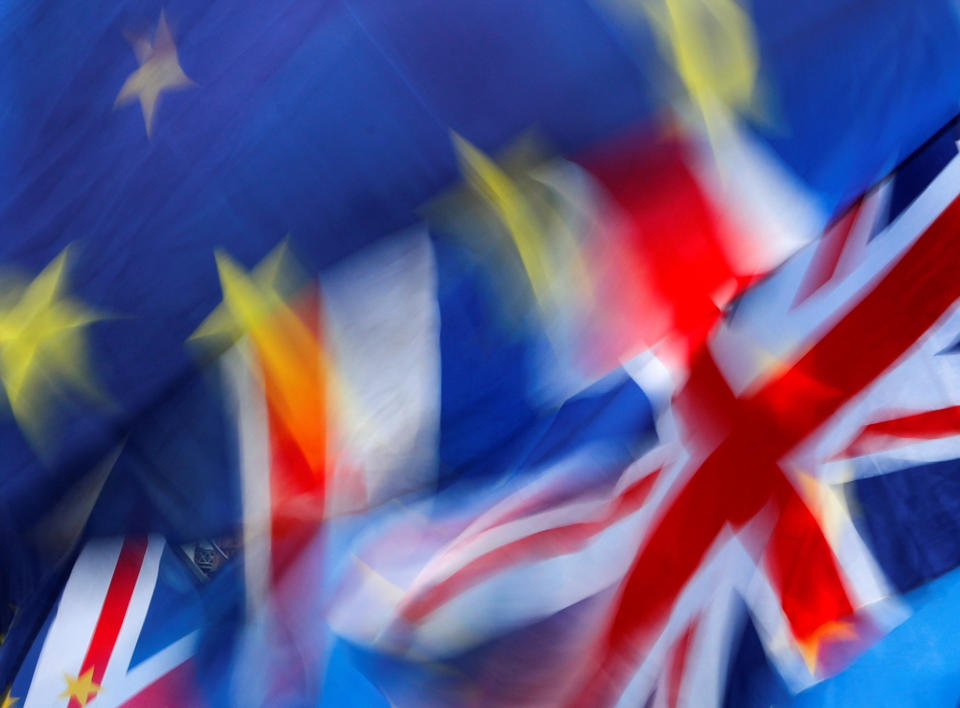UBS cuts 2019 UK economy forecast on Brexit woes

One of the world’s biggest investment banks, UBS, has cut its forecast for the UK economy for 2019 amid major concerns over Brexit.
UBS said in a note this morning that “persistent” Brexit uncertainty has led to it shaving its GDP forecast for this year to 1.5% year-on-year, from 1.8% previously.
“A lack of clarity over how the Brexit process will evolve has become a powerful headwind to domestic private sector activity in the UK,” said John Wraith, a strategist for UBS, in his note.
“The main ingredients for strengthening investment and personal consumption are in place, but mounting uncertainty is eroding confidence and leading to a postponement of spending decisions.
“Our prior economic forecasts were based on the Withdrawal Agreement being approved and ratified during the course of Q1 [first quarter], leading to economic acceleration in Q2 and Q3. However, recent events suggest a full resolution will not happen until later than that — if at all — and we have pared back our estimates accordingly.”
Earlier this week, major think tank Centre for European Reform’s (CER) found that the UK economy was 2.3% smaller than if Brits had voted to remain in the EU. It calculated the cost of Brexit so far by using a “doppelgänger UK” — “a group of countries whose economic characteristics match Britain’s — to compare with Britain’s current economic growth.
Last month, UK business investment suffered its biggest fall in three years due to Brexit uncertainty. The International Monetary Fund also said in November that the Brexit process had affected business investment in Britain.
The CBI, the UK’s biggest business lobby group representing 190,000 firms, also released a study showing that 80% of companies said Brexit had hit investment.
And in September, the Office for National Statistics (ONS) revealed that businesses have invested £22bn ($28.9bn) less in the last two and a half years because of Brexit uncertainty.
READ MORE: Why the USA should care about Britain’s divorce from Europe
Today, the UK’s parliament will vote on prime minister Theresa May’s Brexit deal at 7pm local time, with several politicians hoping to table amendments, including a possible Brexit delay or changes on the thorny issue of the Irish ‘backstop’ element of the deal.
It is unclear how the political deadlock will pan out in Britain because her deal was previously voted down, by British MPs, and the EU has said it will not renegotiate the agreement she arranged with member states.
However there is a possibility that Brexit will be delayed as MPs may push the government to ask the EU for an extension to Article 50, the notification of Britain’s departure.
Wraith at UBS said the fastest way to end uncertainty would be “approval of the Withdrawal Agreement”, adding that an extension of Article 50 would remove the immediate shock threat, but “prolong uncertainty.”
“Without a parliamentary majority agreeing on a solution that is also acceptable to the EU, the process must eventually still end with revocation, reversal, or no deal,” he said. “The EU will not extend the date at which the UK must effectively take one of these decisions indefinitely.”

 Yahoo Finance
Yahoo Finance 
